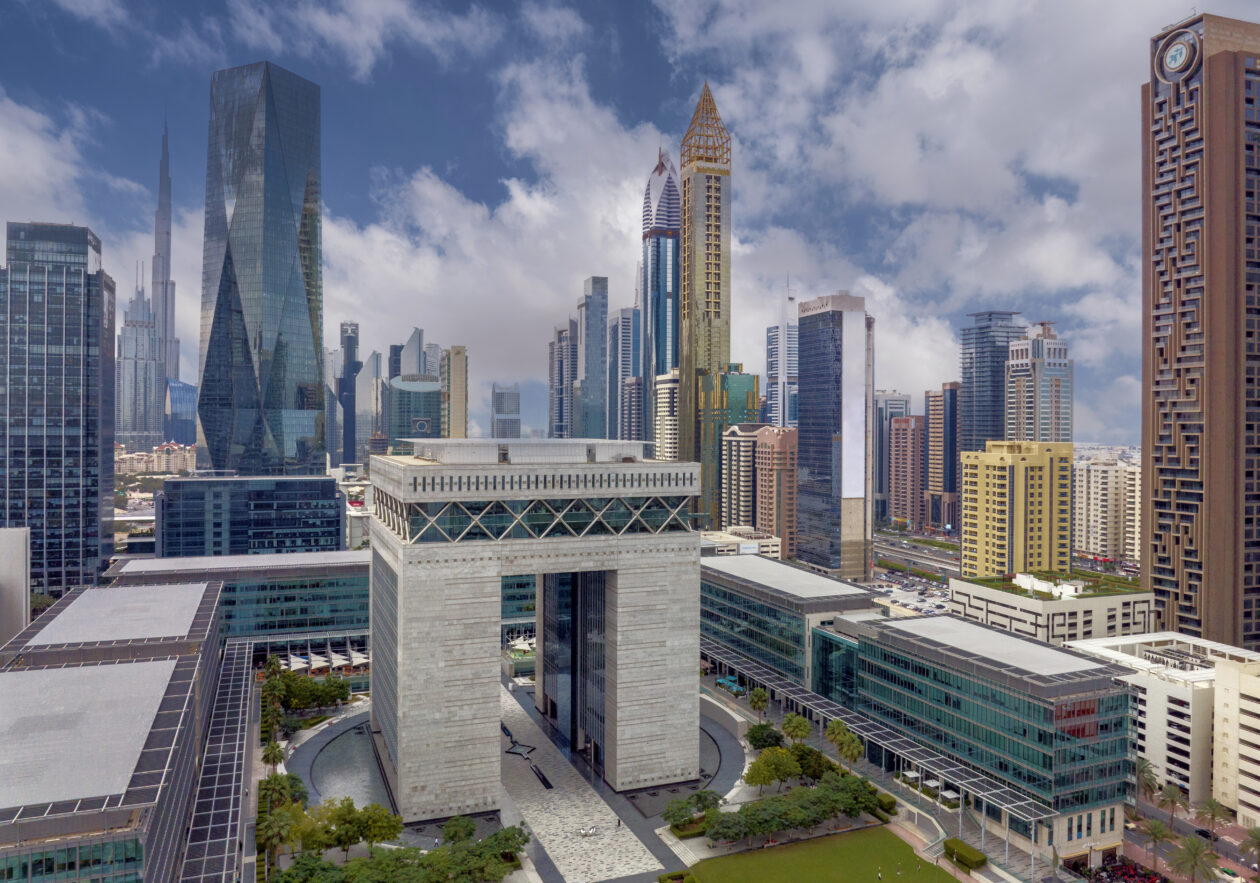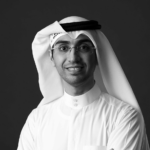Dubai has cemented its position as a prominent hub for fintech, Web3, and other businesses related to the digital economy. This transformation is far from accidental. It is the result of a cohesive forward-looking government vision and unified efforts to move beyond participation and instead take the lead as a global hub for fintech and innovation.
Dubai’s ascent in the global fintech and Web3 spheres is largely attributed to its government’s strategic initiatives and policies. At the heart of this vision is the Dubai International Financial Centre (DIFC), the Middle East, Africa and Southern Asia (MEASA) region’s leading global financial ecosystem which boasts business advantages such as strategic location, favorable regulatory climate, thriving entrepreneurial and funding ecosystem and robust investor networks.
In line with DIFC’s 2030 Strategy, which aims to double its economic contribution to Dubai’s gross domestic product (GDP) in the coming years, DIFC has and continues to successfully foster a conducive environment for cutting-edge companies to succeed. The DIFC Innovation Hub, the largest tech accelerator in the region, has been the catalyst for launching several leading innovators, like Sarwa, Baraka, Stake, Tarabut Gateway, and Lean Technologies, to name a few, while new programs like the Metaverse Accelerator are unlocking emerging technologies’ vast potential. This has already started to pay off. In the first half of 2023 alone, DIFC experienced a remarkable 35% year-on-year increase in the number of operating Fintech and Innovation companies, bringing the total number to 811.
The advance does not stop there
According to economic analysts at the Analysis Group, metaverse adoption could lead to a US$3 trillion contribution to the global GDP by 2031. Aiming to place Dubai among the top 10 metaverse economies globally, DIFC recently announced that it would be granting AI and Web3 companies licenses out of DIFC, including 90% subsidized commercial licenses for enterprises looking to establish their business in Dubai. This milestone follows the launch of DIFC Innovation Hub’s AI and Web3 Campus, which seeks to provide best-in-class infrastructure for tech startups and aims to attract over 500 AI and Web3 companies by 2028. These developments are expected to elevate Dubai’s status as a global AI and Web3 leader and foster a culture of collaboration and innovation.
The success of DIFC cannot be seen in isolation from the Dubai government’s foresight and ambition. Look no further than Dubai’s D33 Economic Agenda, which aims to double the size of Dubai’s economy over the next decade and make Dubai a top four global financial hub and a preferred capital market in MEASA, and in its ambition, has unified various business units and industries across Dubai, fostering a sense of shared purpose.
Dubai has also made great strides in fintech and digital assets regulation in the last few years, with transformational initiatives including the Dubai Financial Services Authority (DFSA)’s innovation testing license (ITL), a regulatory sandbox, which allows the testing and commercialization of new technologies, or DFSA’s crypto token regime. This coordinated approach is a masterstroke, allowing technology firms to thrive and in doing so, plug into a larger mission to shape Dubai’s future. This has been reflected in the inflow of key fintech and digital assets players that have chosen to make Dubai their home, including Hex Trust, Crypto.com, and Bybit.
Dubai’s commitment to making a name for itself in the Web3 space is further exemplified by the Dubai Blockchain Strategy and the Dubai Metaverse Strategy. The latter intends to establish Dubai as one of the world’s top ten metaverse economies, creating 40,000 virtual jobs and attracting over 1,000 metaverse and blockchain-related companies by 2030 in the process.
A thriving entrepreneurial and funding ecosystem
A vision truly comes to life when supported by a vibrant ecosystem, and in this regard, Dubai truly excels. DIFC is home to a compelling network of incubators, accelerators, and venture capitalists, offering a range of support and funding mechanisms.
DIFC’s launch of the first global venture studio launchpad, DIFC Launchpad, exclusively focused on ubiquitous finance and digital asset technologies in April 2022, has done well in attracting leading startups and corporate venture studios. The Future District Fund, launched by the DIFC and the Dubai Future Foundation, aims to support the next wave of startups and investors focused on the future of finance and future economies and has so far invested in several venture capitals and fintech startups, including Cotu Ventures and Shorooq Partners.
Anywhere you look, VCs with a dedicated fintech focus are also actively seeking investment opportunities and providing startups with the financial backing they need to transform their ambitious ideas into reality. VentureSouq and Shorooq Partners, two such VCs that have funded the likes of Sarwa, Tabby, Lean Technologies, Baraka, NymCard, and Rain Financial, are contributing to shaping the future of the industry.
The road ahead
Despite declining venture capital worldwide, Dubai’s emerging fintech and Web3 ecosystem continues to show promise. Dubai now stands shoulder-to-shoulder with global financial giants, a testament to strategic planning and a business-friendly environment created by enablers such as DIFC and its Innovation Hub. Dubai’s strategic positioning, regulatory framework balancing regulation with innovation, significant investments in infrastructure and talent attraction, and its thriving entrepreneurial and funding ecosystem, make it a leading destination for ambitious fintech, blockchain and Web3 entrepreneurs.
Moving forward, Dubai is poised to lead pioneering solutions that will continue to set new standards for the global industry.





